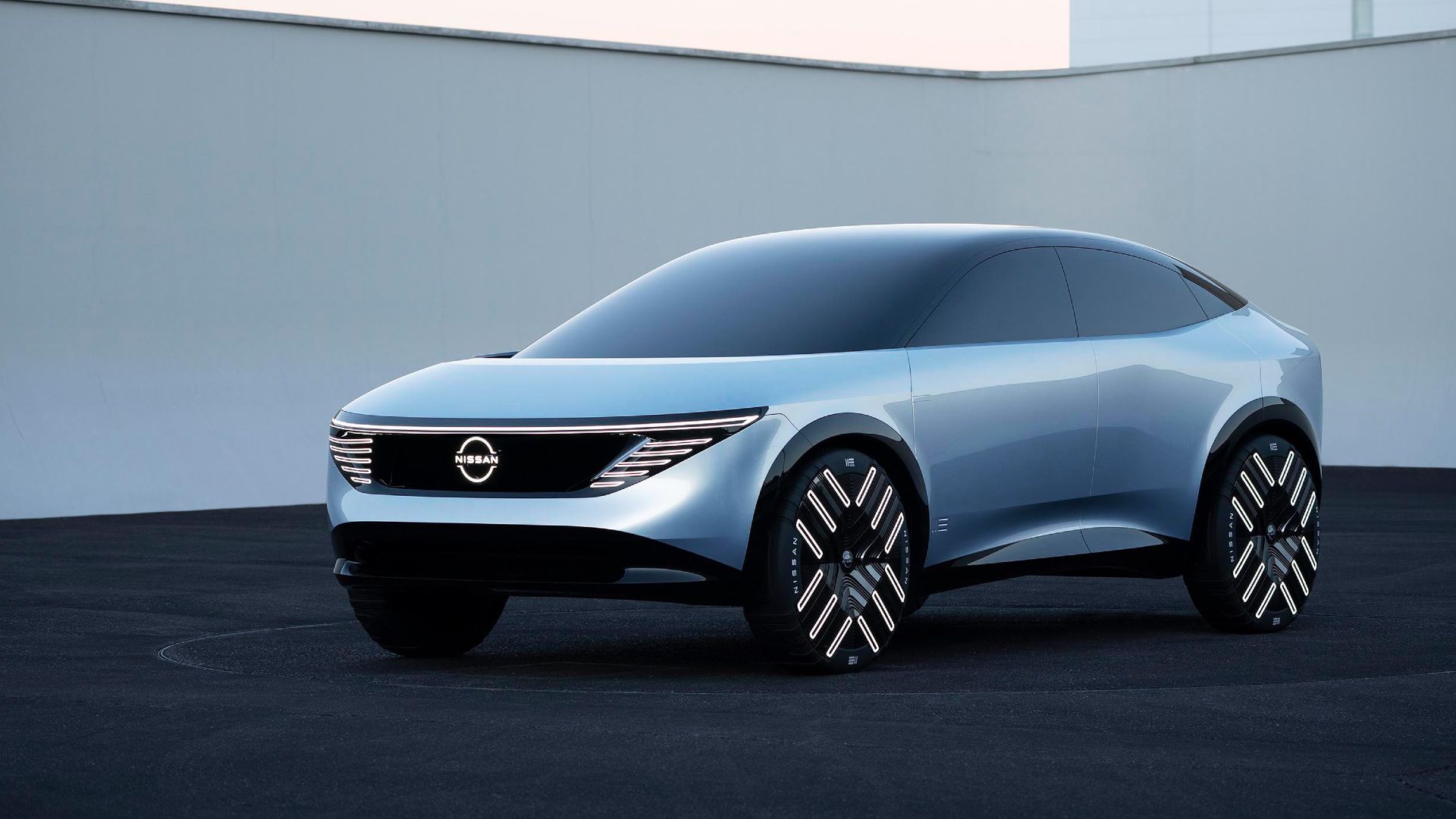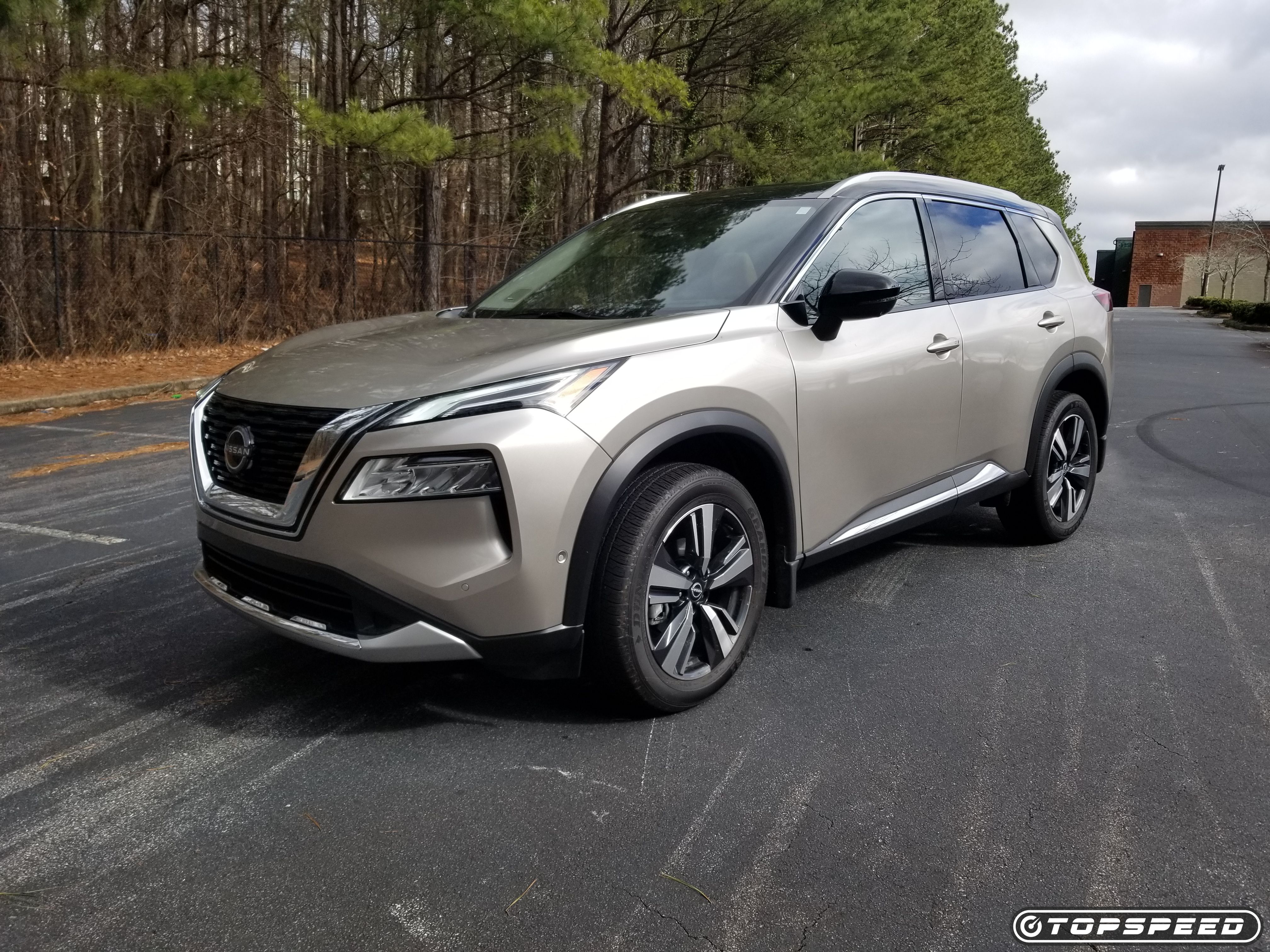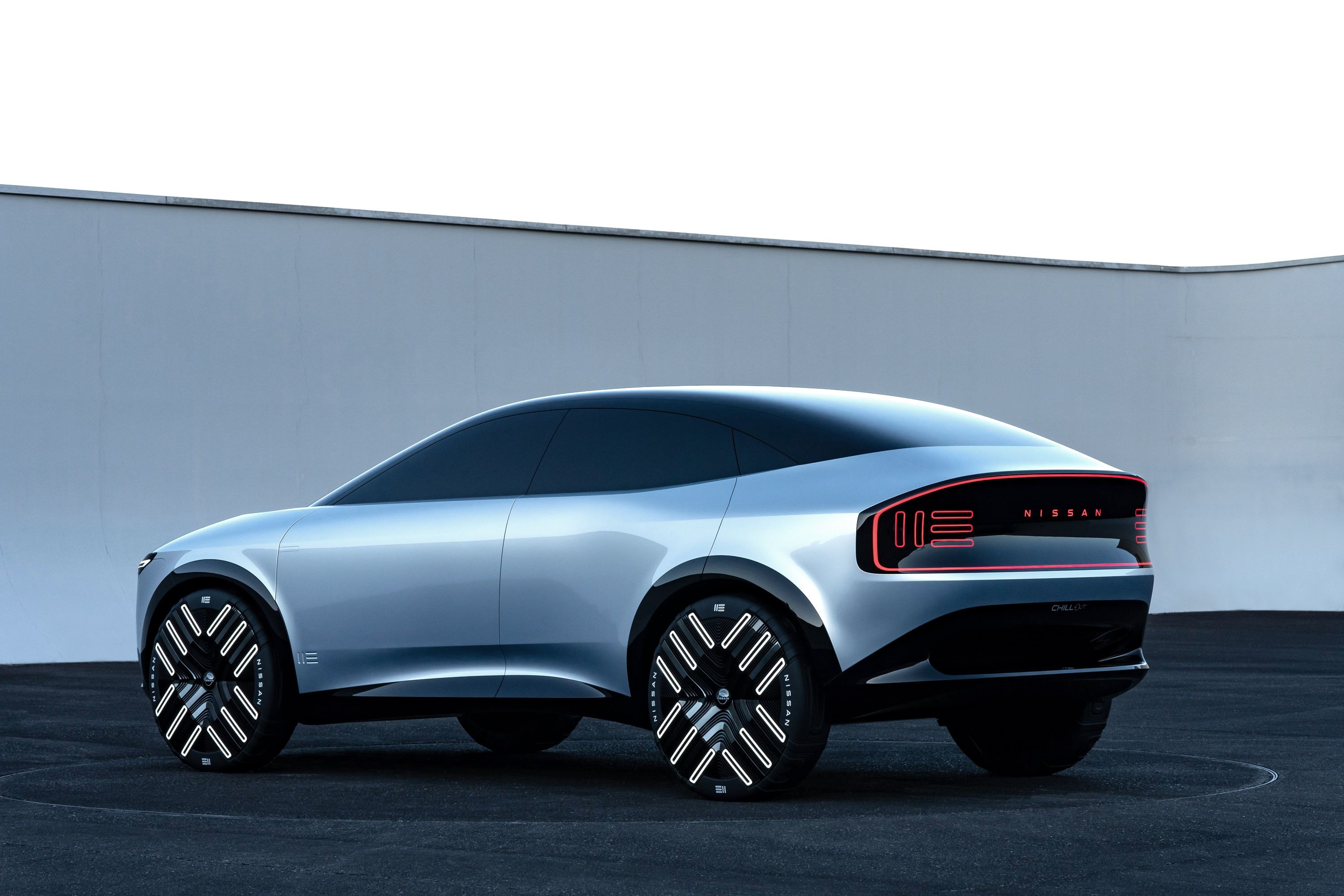A little more than a year ago, Nissan presented four electric car studies that were supposed to give a first glimpse of the brand's distant future in the electric age. The robust Hang-Out SUV and the chic Surf-Out pickup truck were particularly appealing and whet Nissan's appetite for the electric age. However, we will have to wait until at least the end of the decade for the series production of these models, when Nissan is expected to launch a completely new generation of vehicles. Until then, however, Nissan plans to sweeten the wait with electrified versions of its successful Juke, Qashqai, and Rogue SUVs, which ultimately want to make the leap to pure electric cars with the help of the E-Power hybrid drive.
Nissan's Successful SUV Series To Be Electrified
According to Autocar, Nissan is now planning a major attack on the mass market for electric vehicles in the SUV segment following its initial launch of the Ariya. According to the report, electric variants of the successful Juke, Qashqai, and X-Trail SUVs will be launched starting in 2025, contributing to Nissan's goal of generating over 50-percent of global sales via all-electric models by 2030. While the Juke sub-compact SUV is not available in the North American market, the Rogue, as the equivalent of the X-Trail, should pretty much have the benefit of an electric variant. The future of the electric Rogue Sport (Qashqai), on the other hand, remains open so far in North America.
All three SUVs are expected to be built in the future on their own variant of the scalable CMF EV platform, which Nissan shares with its corporate siblings Renault and Mitsubishi. This allows for different body shapes, edge positions, and battery sizes, and was seen first in the production of the Ariya, which has been available since last year. The first model expected here is the Juke subcompact SUV, before electric variants of the Qashqai and X-Trail follow by 2027. At least at the start of their electric careers, each of the SUVs will also be joined by a hybrid powertrain to help customers make the transition to all-electric mobility.
Transition To All-Electric Drive By 2030
According to Guillaume Cartier, head of Nissan Europe, the brand's move would build on the success of the e-Power hybrid drive, enabling an intelligent transition from hybrid to pure electric drive. The Japanese brand's e-Power hybrid drive, which is already available, relies on a more than unusual concept with no mechanical connection between the combustion engine and the drive axle. Instead, it acts only as a generator that produces energy for the models' purely electric drive when needed. In this way, it combines the feel of a purely electric drive with the range advantages of the combustion engine concept.
However, the intelligent transition from e-Power to pure electric drive mentioned by Cartier is only likely to last until around the end of the decade before largely pure electric models will dominate the Japanese manufacturer's lineup. This entirely new generation of vehicles should then also already have access to the solid state batteries announced by Nissan, which the brand plans to introduce from 2028 - and thus much earlier than other automakers. The future of Nissan is therefore likely to remain exciting in the long term.



